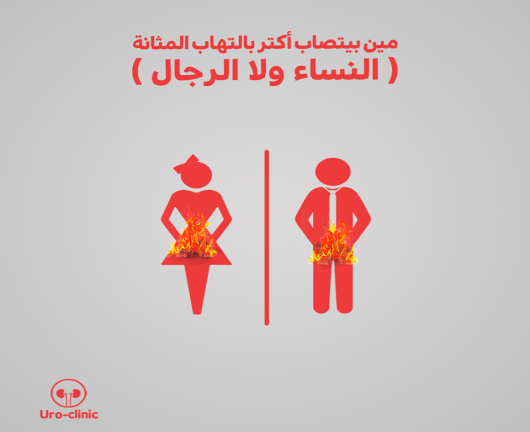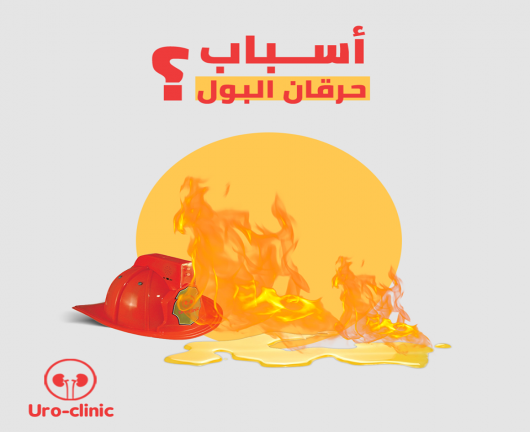Cystitis is a common type of urinary tract infection and is often caused by a bacterial infection. Most cases are caused by bacteria that naturally live in the digestive system.
Cystitis affects women more than men, and one study indicates that about one in five women develop cystitis during their lifetime, due to the short length of the tube that transports urine from the bladder out of the body compared to males as well as the proximity of the anus, which makes it easier for bacteria to enter the bladder.
Cystitis often causes many of the symptoms that are similar to those of some urinary tract diseases
The symptoms are: - feeling pain or burning when urinating. Feeling the need to urinate constantly and feeling suddenly. Suffering from bed-wetting for young children during the day. Blood out with the urine. This symptom may appear as either red blood appearing in the urine or the urine becomes dark in color.
Urinate small amounts of urine frequently. Feeling of mild pelvic pain. Feeling pressure in the lower abdomen. Urine exit is more intense than usual and can smell strong and strong. - The patient's body temperature rises slightly compared to the very high incidence of nephritis.




